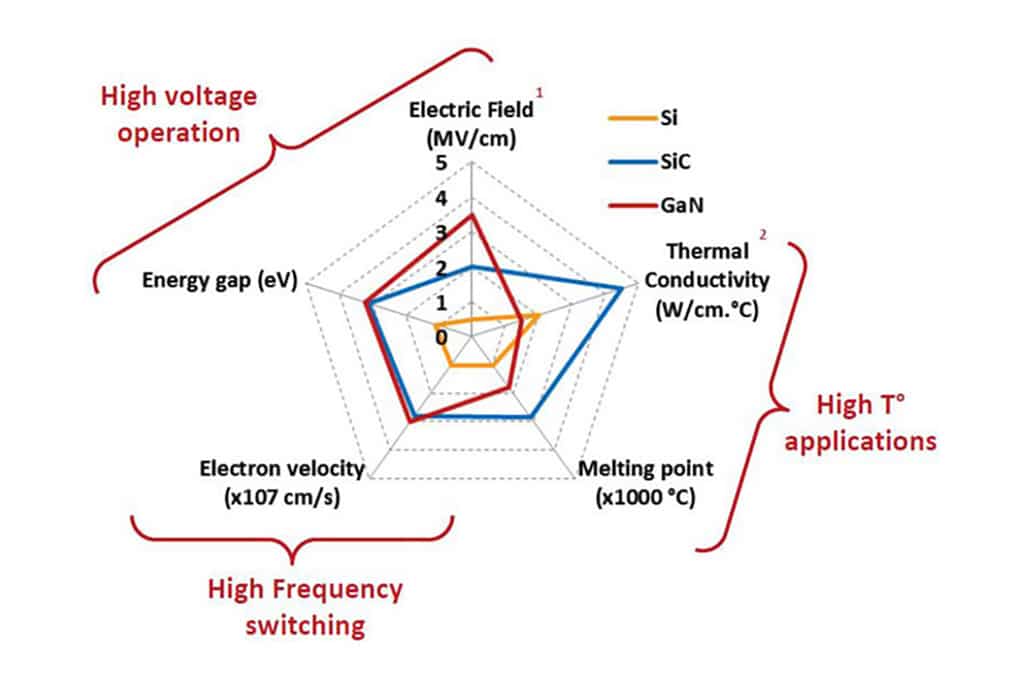
They call this a WWIII propaganda poster. Okay. So if it’s a how-to kind of day, plus it being summer and the height of the vacation season, maybe we turn to the Lawrence Durrell Travel Reader. This one is How to Buy a House, from Bitter Lemons, 1957.
SABRI TAHIR’S OFFICE IN THE TURKISH QUARTER of the Kyrenia bore a sun-blistered legend describing him as a valuer and estate agent, but his activities had proliferated since the board was painted and he was clearly many things besides. The centre of the cobweb was a dark cool godown perched stategically upopn a junction of streets, facing the little Turkish shrine of some saint or warrior whose identity had vanished from the record, but whose stone tomb was still an object of veneration and pilgrimage for the faithful. It stood under a dusty and desiccated pepper tree, and one could always find an ex voto or two hanging beside it.
Beyond was a featureless empty field of nettles in which stood a couple of shacks full of disembodied pieces of machinery and huhe heaps if uncut carob and olive, mingled with old railway sleepers and the carcasses of buses which turned up her at the end of the trail, as if to some Elephants’ Graveyard, to be turned into fuel. Sabri’s empire was still in an embryonic stage, though ti was quite clear that he was speculating wisely. A circular saw moaned and gnashed all day in one of the shacks under the ministrations of two handsome Turkish youths with green headbands and dilapidated clothes; a machine for making cement blocks performed its slow but punctual evacuations, accompanied by a seductive crunch.
Sabri could watch all these diverse activities from the darkness of his shop…
On that first morning when I stepped into the shadows of his shop, the headquarters of the empire, he was sitting dreamily at his desk mending a faulty cigarette-lighter. His good morning was civil, though preoccupied and indifferent; but as I approached he paused for one instant to snap finger and thumb and a chair materialized from the shadows behind him. I sat down. He abandoned his task and sat silent and unwinking before me. ‘Mr. Sabri,’ I said, ‘I need your help. I have been making inquiries in Kyrenia and on all sides I am told that you are the most untrustworthy man of business in the place – in fact, the biggest rogue.’
He did not find the idea offensive so much as merely interesting. His shrewd eye sharpened a trifle, however, and he lowered his head to scan me more gravely. I went on. ‘Now knowing the Levant as I do, I know that a reputation for being a rogue means one thing and one thing only. it means that one is cleverer than other people.’ I accompanied this with an appropriate gesture – for cleverness in the hand-language is indicated by placing the forefinger of the right hand slowly and portentiouusly on the temple: tapping slightly, as one might tap a breakfast-egg. (Incidentally, one has to be careful, as if one turns the finger in the manner of turning a bolt in a thread, the significance is quite different: it means to be ‘soft in the head’ or to ‘have a screw loose’.) I tapped my skull softly. “Cleverer than other people,’ I repeated. ‘So clever that the stupid are envious of one.’
He did not assent or dissent from the proposition. He simply sat and considered me as one might a piece of machinery if one were uncertain of its use. But the expression in his eyes shifted slightly in a manner suggesting the faintest, most tenuous admiration. ‘I am hee,’ I went on, convinced by this time that his English was good, for he had followed me unerringly so far, to judge by his face, ‘I am here as a comparatively poor man to ask you a favour, not to make you a business proposition. There is no money to be made out of me. But I want you to let me use your brains and experience. I’m trying to find a cheap village house in which to settle for a year or two – perhaps forever if I like it enough here. I can see now that you I was not wrong; far from being a rogue you are obviously a Turkish gentleman, and I feel I can confide myself entirely to your care – if you will accept such a thing. I have nothing to offer except gratitude and friendship. I ask you as a Turkish gentleman to assit me.’
Sabri’s colour had changed slowly throughout this harrangue and when I ended he was blushing warmly. I could see that I had scored a diplomatic stroke in throwing myself completely upon the iron law of hospitality which underpins all relations in the Levant. More than this, I think the magic word ‘gentleman’ turned the trick in my favor for it accorded him an unaccustomed place in the consideration of strangers which he certainly merited, and which he henceforward lived up to in his dealings with me. By a single tactful speech I had made a true friend.
The negotiations continue from there, but you get the idea. I had to look it up but a godown is a kind of warehouse or other storage place. Which completely makes sense. Once again, knowledge wins!



